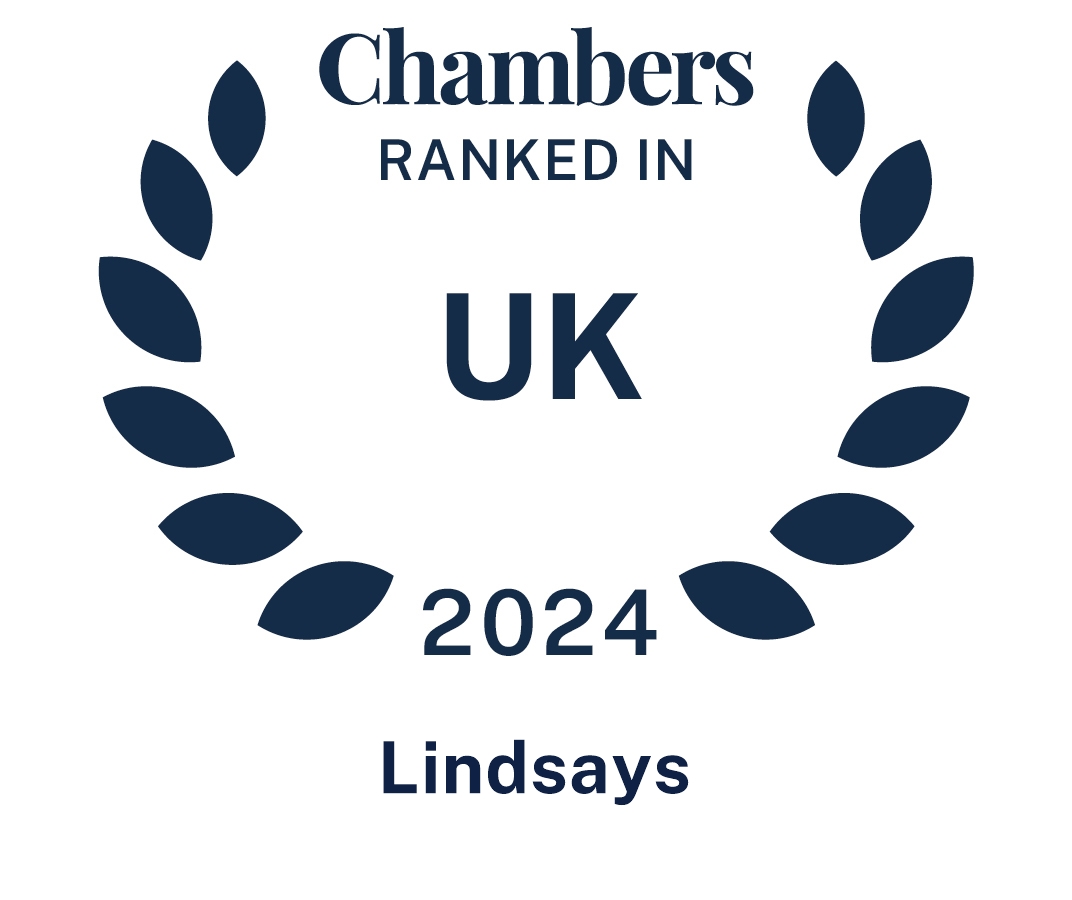It is often the case in claims where the injured party has suffered serious life-changing injuries, an award of damages can take several years to be paid to the victim. This can result in significant delays in putting in place the appropriate medical care and rehabilitation packages. Often, such care is met with resistance from the compensating insurers.
The Rehabilitation Code was first introduced in 1999. The latest version of the Code was published in 2007. Its main aim is to promote the use of rehabilitation with a particular focus on early intervention in the claims process so that the injured party can make the best and quickest possible medical, psychological, and social recovery.
The Code was developed by the pursuers’ solicitors and insurers on a joint basis. Its key aspects are designed to promote cooperation between parties involved in the rehabilitation process and provides a framework which is supported by all main insurers and personal injury pursuer solicitors in the UK.
What types of serious injury claims can rehabilitation be used in?
The code applies to a range of injuries from simple fractures up to life-changing injuries such as spinal cord or brain injuries.
In cases where only moderate injuries have been suffered, such as whiplash or lower back injuries, rehabilitation still has its place in helping the pursuer gain access to appropriate treatments as quickly as possible.
One barrier to accessing such assistance via the Code is when the insurers dispute liability. In such circumstances, it is likely the insurer will not agree to rehabilitation in line with the Code.
The Rehabilitation Code itself requires the pursuer’s solicitor to consider what early intervention is appropriate to improve the injured parties current or long-term well-being. It may be the case that a careful review of medical records and perhaps writing to the treating physicians can allow for a clear route map for rehabilitation going forward to be drawn up.
Case Management report and care
The at fault insurer is by virtue of the Code encouraged to compensate for all early intervention rehabilitation and medical treatment which is likely to benefit the injured party during the lifetime of the claim and beyond. The insurer is expected to assist with early rehabilitation at the outset and throughout the case.
This is often done by a joint instruction to a case management professional who will identify what treatments and rehabilitation is necessary at the outset of the case. The fact that this is done on a joint basis, leads to collaboration and co-operation between parties which usually results in the necessary rehabilitation starting as soon as is practicable.
When one of the parties puts forward a suggestion by the case management professional, the other party has 21 days to object to the appointment of the treatment. As the case management is jointly instructed, there doesn’t tend to be any issues over this.
The initial case management report
The initial case management report will factor in the following.
- The nature and extent of the injury.
- Any relevant background medical conditions.
- Family circumstances, any dependents, pets etc.
- Immediate home adaptations.
- Steps to improve quality of life and support for family carers or professional carers.
- How and what cost the recommendations are to be funded.
On completion of the report, it is sent to both parties who are jointly instructed and this then allows for time for further questions on the report. The independent assessment report should not be mistaken for long term care and needs which may last for the entire duration of the injured party’s life. The initial report only covers the immediate needs of the injured party.
The rehabilitation code is neither compulsory nor the only way to accurately approach rehabilitation. The case manager’s primary duty is to the injured party and is completely independent of both instructing parties.
Rehabilitation during the litigation
Different types of rehabilitation whilst the claim is ongoing can include, but are not exclusive to;
- Physical therapy – one of the most common forms of rehabilitation, physical therapy focuses on restoring mobility, strength, and function. This can involve exercises, manual therapy, and the use of specialised equipment.
- Occupational therapy - this type of therapy helps individuals regain skills necessary for daily living and work. Occupational therapists assist in improving fine motor skills, cognitive abilities and adapting to any disabilities resulting from the injury.
- Psychological counselling – serious injuries can lead to emotional trauma and psychological distress. Counselling and therapy sessions can help individuals cope with anxiety, depression, PTSD, and other mental health issues arising from the accident.
- Speech and language therapy – for injuries which affect speech, language or swallowing abilities, speech therapists can work on improving communication skills and the swallowing function.
- Vocational rehabilitation – in cases where injuries prevent individuals from returning to their previous jobs, vocational rehabilitation helps them retrain for new careers or to find alternative employment options.
Rehabilitation after litigation
After the claim is concluded, there may be a need for long-term care such as Continued physical therapy
- Long term counselling
- Pain management programmes –
- Assisted devices and prosthetics –
- Home modifications and adaptive equipment
The importance of rehabilitation both during and after serious injury claims is the key to restoring the injured party to daily living.
It is about enhancing the quality of life as individuals by regaining the ability to perform daily activities, engage in hobbies and participate in social interactions which ultimately improves the overall quality of life.
It is also about preventing secondary complications as rehabilitation can prevent secondary injuries such as muscle atrophy, contractures and pressure ulcers which do often arise from prolonged immobility.
If you or a loved one have been involved in an accident that was not your fault and have suffered serious injury as a result, our specialist injury solicitors at Calio Claims can assist by ensuring that you recover the compensation you are entitled to. Please reach out to us for more information on 0800 988 8082 or complete our online enquiry form.





